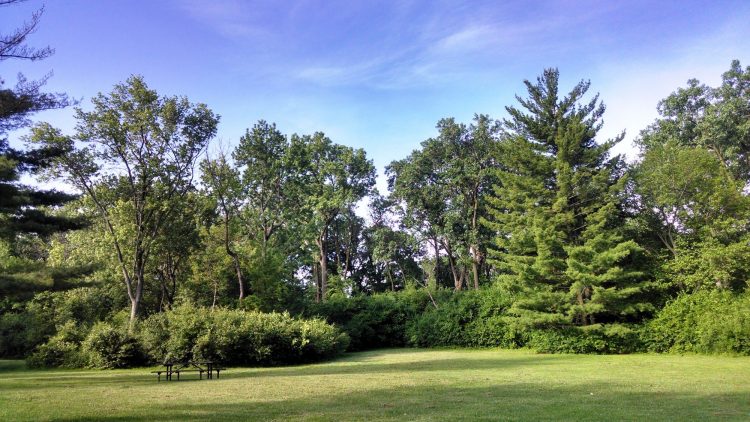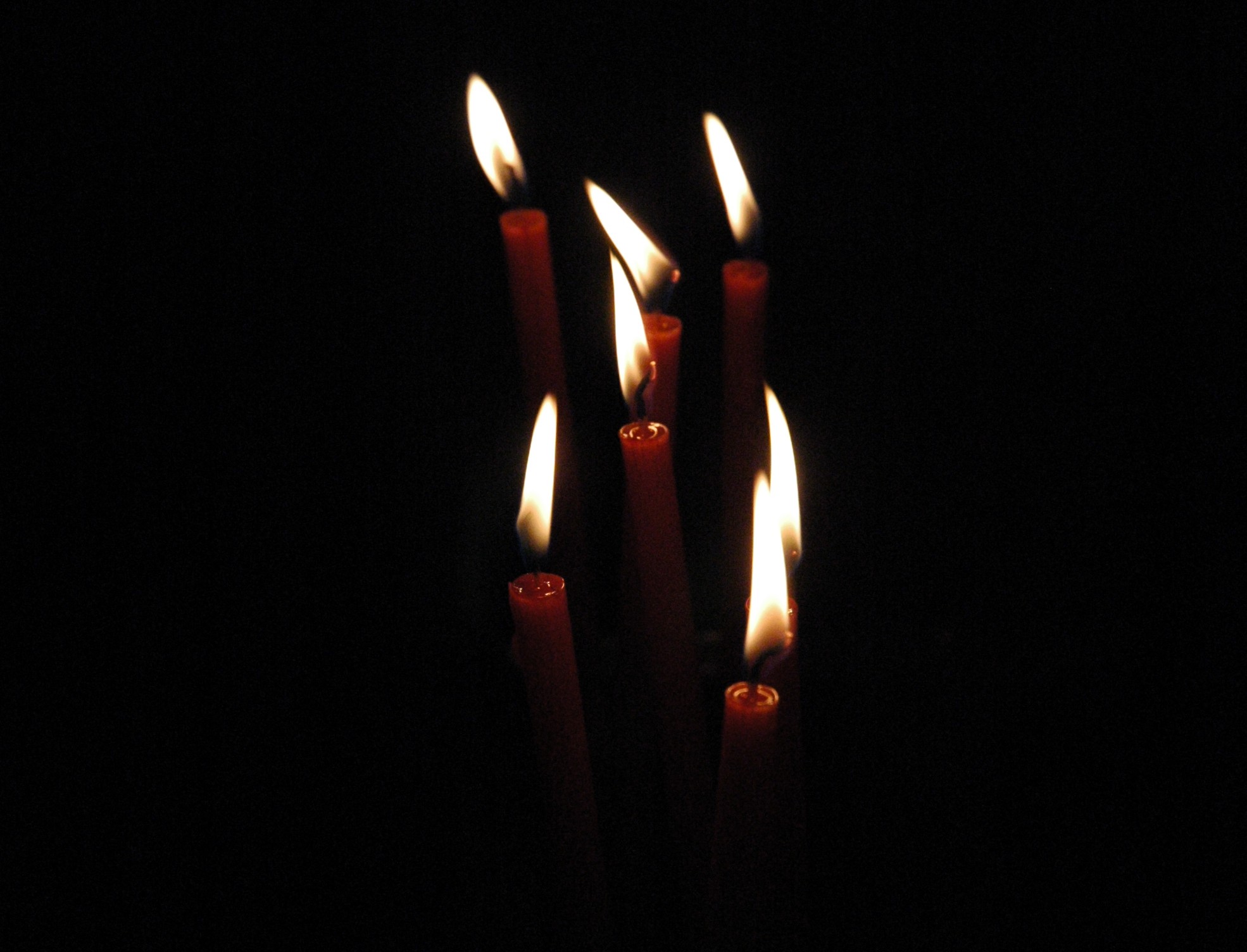As a writer, I’m always alert to the power of words. As a person with PTSD, I am acutely aware of the power of words, the joy they bring or the harm they do. Sensitivity to this power changes my world view.
A benign example of this is the word ‘strive’. While doing research for my current book (working title: ‘My Book’) I came across an art restoration firm that ‘strives to satisfy the standards of the profession’. I think I’d be more comfortable with a company that didn’t strive, but actually did it. ‘Strive’ is a terrible marketing word. To put it another way, would you be comfortable eating a chicken I strived to roast, or would you like one I actually did roast? ‘Strive’ is a deceptive word in that it sounds like you’re active and accomplishing something, but actually, you’re not. What’s that saying about horseshoes and hand grenades? The words broadcasts at least the possibility, if not the probability, of failure. In some disciplines, it is realistic, but I would not want to go to someone who will strive to mend a leak—I want someone who will do it.
In the PTSD communities, there is a lot of language that, if used by anyone else, would make me roll my eyes and walk away. ‘Hero’. I was a hero once—it lasted ten minutes and led to the dissolution of almost every stable thing in my life. ‘Survivor’—not completely sure I fit that bill, but it sounds dramatic. Given how thoughtlessly it’s thrown around, it sounds melodramatic. ‘Victim’—in the physical disability community, this word was shunned because it made us sound weak and helpless. ‘Warrior’. When I hear that word, I think of ancient Roman soldiers in full kit, with those tiny swords that were so devastating to the enemy. I would feel silly being that kind of ‘warrior’.
As applied to the PTSD et al community, these words are highly accurate and motivating. They are a clear statement of belief in endurance and the search for inner strength. They testify to an ongoing battle, and are frequently an understatement of the sort of life a person with PTSD leads. They are even a battle cry.
In the chatrooms, I’ve read the most incredible and horrifying personal histories. Women and men who were sexually abused as children, raped as teens, handed around like a party favour in marriage, beaten, tormented. These people are victims, and to refuse the description is to deny the crime. However, they are also ‘survivors’ in strictest sense of the word. The things that injured and bent them did not break them—they managed to hold on.
I agree with the advocates that people with physical disabilities should not be described as polio ‘victims’ or ‘suffering’ from a spinal cord injury; it encourages pity in others. Someone else’s pity is a terrible burden to bear. However, I think being a ‘victim’ and ‘suffering’ from PTSD is accurate and an appropriate description (although we don’t want your pity either, merely your acceptance). PTSD is the result of an injury to the psyche, one that has no outward appearance. It is hell on earth and follows you everywhere, waking and sleeping. There are means of coping, but not of curing.
So, when someone with PTSD takes the label of ‘warrior’, I see they are taking up a shield. They are proclaiming the willingness to fight dragons. A shield is defensive—they acknowledge they may not win, but they will not lie down. As warriors they are taking up a sword to combat everything that makes them feel diminished, weak, and victimized. They are proclaiming they will fight to the bitter end. They acknowledge, which many people without PTSD cannot understand, that you cannot change the past. When I think of it, the prompting to ‘let it go, leave it behind, move on’ is really stupid. All of us are the results of our past.
Yes, we will ‘strive’ in the proper sense of the word—we will do our best and we will sometimes fail. Yes, we are victims—we didn’t ask for this, we would have avoided it if we’d had the opportunity and awareness at the time. We are injured, wounded, and scarred. Yes, we are warriors, we are a family, we are even an army, because no one can battle PTSD alone. With any luck, we will not be fending off our own people—those who view us as perpetual children, in need of (crippling) tough love tactics, or patients. We are simply people with additional needs. If others can’t see that, we’ll fight them too.
Tomorrow is Independence Day in the Unites States, to celebrate its independence from the British Empire. Many countries celebrate an Independence Day of one sort or another, always political, and for some reason, often renouncing the British Empire. Isn’t it odd, then, that the best words to describe our battle are William Blake’s:
I will not cease from mental fight,
Nor shall my sword sleep in my hand,
Till we have built Jerusalem
In England’s green and pleasant land.
Paul TN Chapman
[email protected]
————————————————————————–
If you enjoyed reading this, please take a look at my eBooks and paperbacks on Amazon.com:
http://amzn.to/1Su1ufx





